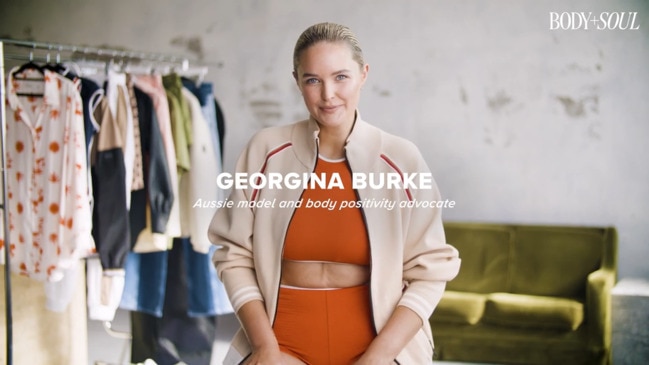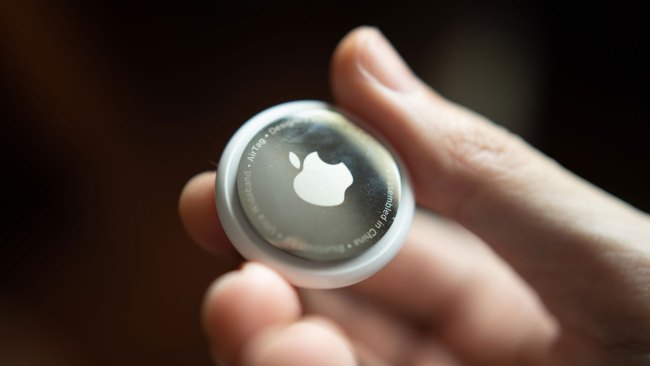Confused by constant health advice? Here’s how to tell fact from fiction
It's hard to escape the information dumps

Lifestyle
Don't miss out on the headlines from Lifestyle. Followed categories will be added to My News.
According to research, half of Australians struggle to stay across what is and isn’t healthy. With every other person online giving health advice, it can be hard to figure out what to listen to. Here’s what to look out for.
It’s never been so easy to get a medical opinion in seconds.
On social media, even if you’re not looking for one, you can get a diagnosis or in-depth explanation of an illness, disease, condition or ailment that relates to you at any time.
It can be easy to self-diagnose or feel the need to change your whole lifestyle after seeing enough people online convince you of the healthiest way to live.
Body+Soul’s Health of the Nation report found that 50 per cent of Australians say they find it hard to keep up with information about what is healthy and what's not. Which makes sense, considering the overwhelming amount of conflicting health advice we’re exposed to on social media, in marketing, and from health professionals.
Speaking to The Guardian, clinical psychologist and author Dr Jonathan Stea said ‘“Wellness woo” appears in many domains, like nutrition, dermatology, parenting and psychology’. There are countless people online confidently spreading health misinformation who often present with a distrust of mainstream or Western medicine and a strong belief that “natural” is always best and “chemicals” are always bad. Many also rest their health advice heavily on anecdotal evidence, insisting that just because an ingredient, habit, or lifestyle change seemed to have an effect on them – it’s sure to give you the same benefit.

Psychotherapist Jordan Vyas-Lee agreed that this is a growing issue, telling Harpers Bazaar"What we read on social media comes with no guarantee of validity, since information can be shared by non-experts, which is not then moderated”.
Psychoanalytic psychotherapist Anna Sergent, however, said that knowledge of different aspects of health can be helpful, but it depends on how we apply the information we see online to our lives, and whether or not that information is evidence based.
"From my perspective, it is positive that health professionals are being active on social – as long as they are qualified and experienced medical professionals who present the information in a measured and factual way," she emphasised.
So how do you figure out which health advice to take on? Here are some things to look out for:

Assess sources’ credibility
While many creators have a bunch of letters next to their name on their profile, it’s never a bad idea to check what they mean.
Danielle Shine is a registered dietitian and PhD candidate researching nutrition misinformation on social media – she said, “just because someone lists letters after their name doesn’t automatically make them credible”.
“Unfortunately, there are many non-credible nutrition and health-related certifications that can be obtained via questionable online courses”.
A ‘B’ can stand for a Bachelor’s degree, ‘M’ for a master’s, and a ‘PhD’ signals research skills and expertise in a specific area.
Though even with a relevant degree, some people online may share health advice as a part of paid promotion or advertising. In Australia, influencers legally have to disclose if they’ve received anything in exchange for their posts, even if they’re not sponsored. If a video is tagged ‘ad’, ‘gifted’ or ‘promotion’, consider whether the advice is tied to a product.

It’s also a good idea to look into the titles of health professionals in each specialty, so you know who should be more informed online. A psychologist sharing mental health knowledge, a dermatologist sharing skin advice, or a cardiologist speaking of heart health tips could be more credible than a medical professional advising outside of their field.
Scientific studies cited by creators online aren’t inherently trustworthy either. Peer reviewing is important to confirm information published in scientific journals is accurate and true – but not all journals are peer-reviewed.
According to Informed Health, ‘if you want to know how effective a treatment or diagnostic test is, randomised trials provide the most reliable answers’. The site also says systemic reviews are great at determining how effective a treatment is.
At the end of the day though, health information posted online can be a useful tool, but it’s always best to chat with a trusted medical professional if you ever have any health concerns.
More Coverage
Originally published as Confused by constant health advice? Here’s how to tell fact from fiction





